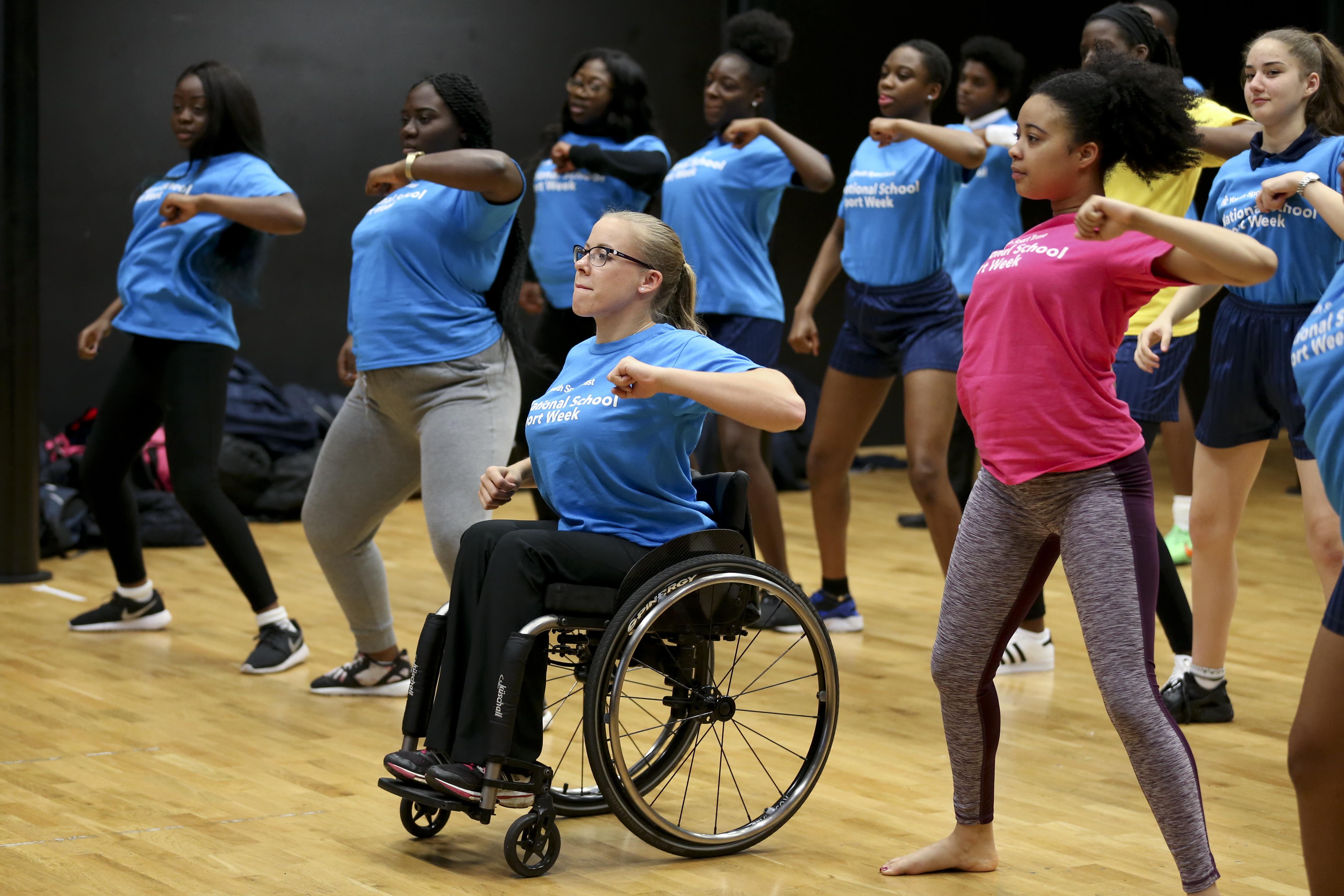
With the European football championships underway in France and the Rio Olympic and Paralympic Games on the horizon it is set to be another memorable summer of sporting excitement, and hopefully success. Sport has an incredible ability to unite us and that is never more evident than when major sporting events take place.
This week the Youth Sport Trust aims to create its own memorable sporting moments as National School Sport Week gets underway. Schools across the country will be hosting sporting events and competitions with the aim of encouraging their pupils to be physically active and take part in more sport. There will be moments when young people will demonstrate their own aspirations and have their resilience tested as they strive for their personal best - be that competing against other classmates or trying a new sport for the first time. This year we are encouraging schools to take part in the Sainsbury’s Active Kids Paralympic Challenge which we have developed in partnership with ParalympicsGB. It is a fully inclusive programme that gives young people an introduction to different Paralympic sports.
National School Sport Week is not just about getting children to do more sport during the week. It is about putting PE and sport at the heart of our schools and highlighting that developing physical literacy and an active lifestyle is just as crucial to a child’s education as learning to read and write. It is also about giving a platform for young people to celebrate their sporting achievements, compete or try something new, but most of all it is about encouraging mass participation and fun.
Ultimately, we want young people to make sport and physical activity a consistent part of their daily life. We know that active children perform better across all areas of school life, have greater social and emotional wellbeing, and are more likely to develop the life skills they need to go on to be successful in the world of work. However, the challenge of getting young people to be physically active is significant. The rise in childhood obesity is no secret and presents significant challenges, whilst caution is needed to ensure the advancement of technology doesn’t lead to a digitally distracted generation that is disengaged from physical activity.
We must give every young person access to high quality PE and sport, and there can be no excuses for not doing so. Evidence shows that when high quality PE and sport is delivered in schools it aids and enhances the learning of pupils across all subjects, can improve school ethos and pupils’ sense of belonging, and raises aspirations for young people to achieve their personal best.
In 2012 a report in the Journal of Sport Sciences stated that a ‘physically active lifestyle during childhood is positively associated with brain and cognitive health. Children who are more aerobically fit have improved brain function, higher academic achievement scores and superior cognitive performance than less fit children’. Similarly, in 2013 the Journal of Physical Activity and Health reported that ‘Engagement in regular physical activity is recognised to contribute a range of positive outcomes, specifically; physical and mental health, social wellbeing, cognitive and academic performance.’
So, National School Sport Week is one moment in the year to celebrate PE and sport, but it can be the start of so much more for young people and can change their lives. And when it comes to the Euro 2016 football championship and Olympic and Paralympic Games? I, like many others, have my fingers crossed for sporting success. But please, no penalty shoot-outs this year!








